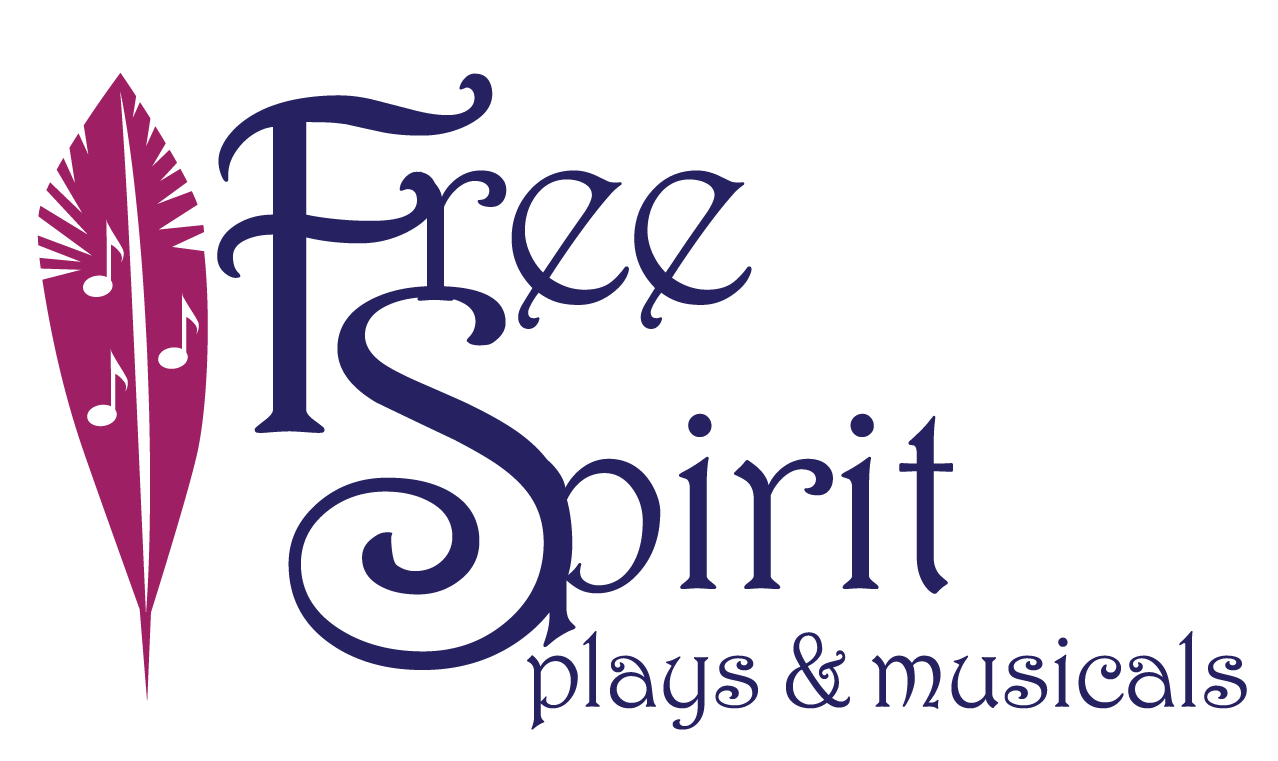There are 4 monologues in total and they could be performed by students in middle school, high school or by adults or they could be read during a cultural competency training.
If the monologues are read back to back, the duration is approximately 20 minutes. If you are wanting to lengthen the performance, there could be traditional dances or songs between each monologue based on the culture of the previous monologue performed. Another option is students, actors, or trainees could write their own monologues in addition to these based on their own pasts or on the experiences of people they know. If these monologues are done in a performance or training workshop format, the questions found at the end of all the monologues can help generate discussion.
Production Details
Running Time: 20 minutes
(30 minutes with additional songs and dances).
Roles: 1 Female, 4 Male, 1 Spanish Speaking Role
Cast Size: 5
Ages: 12+
Cost $4.99
Why Perform the Monologues?
“As an ESL Teacher, I realize how important these statements are and that is why I wanted to create something that could potentially broaden people’s perspectives and increase empathy. I wrote these monologues based on the true stories of some of the English Language Learner students I previously worked with. They are intentionally written with poor syntax and grammar to reflect common mistakes made by students learning English. I did not interview my students and then transcribe what they said, rather these facts and stories were gathered over many months or years of working with them and their families.
My original intention of writing these monologues was to bring more awareness to those who worked directly with these children so they could better understand their students and what may be influencing their behavior and/or performance in school. I am convinced that stories are the most effective way to change people’s hearts and minds. We can endlessly debate about issues of cultural proficiency but it’s hard to argue with someone’s real life experience. Cultural competency workshops can be beneficial for any organization but if the discussions only remain in the abstract on an intellectual level, they may not have a lasting impact. Stories, especially true ones, bring these themes down to earth and have the potential to create real change.”
- Jen Davis
Helping to Develop Cultural Competency
“Good teachers not only learn from, but learn about their students. Learning about the cultures and languages of individual students provides a foundation for implementing effective accommodations that facilitate learning.”
- Cheryl Irish and Monica Scrubb
The NEA’s (National Education Association), website states, “Cultural competence is a key factor in enabling educators to be effective with students from cultures other than their own. It can help close the achievement gap for students.” “Educators with the skills, knowledge, and attitudes to value the diversity among students will contribute to an educational system designed to serve all students well.”
- Dennis Van Roekel, president of the NEA


